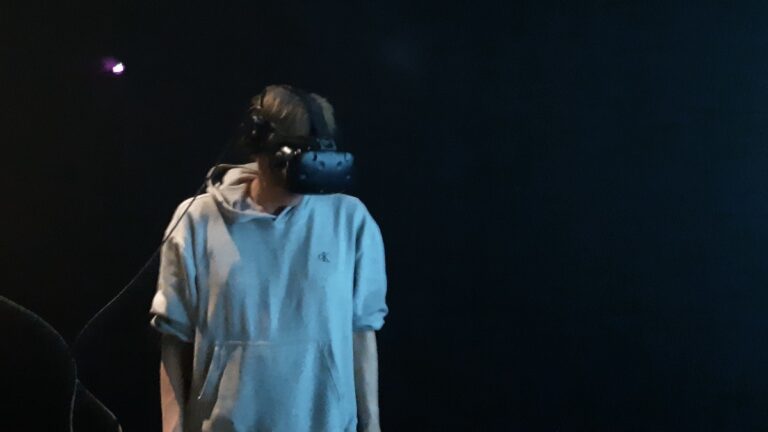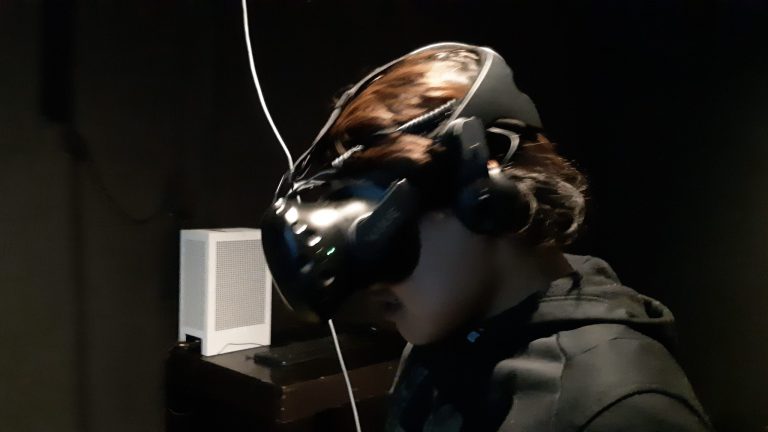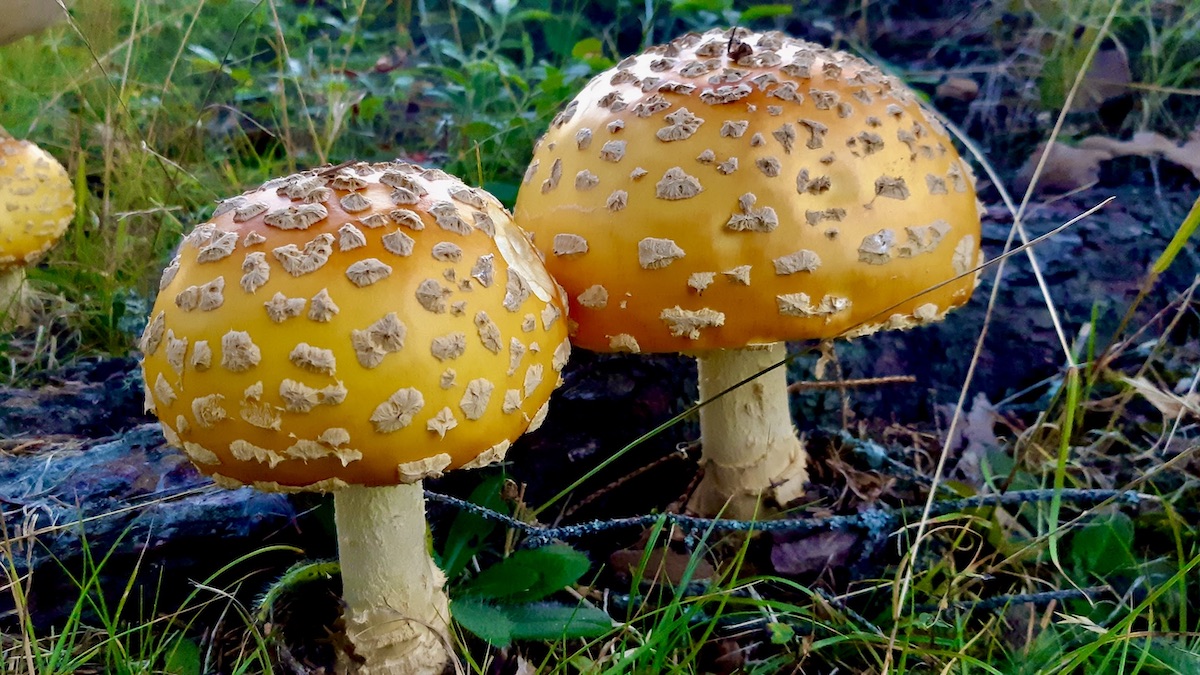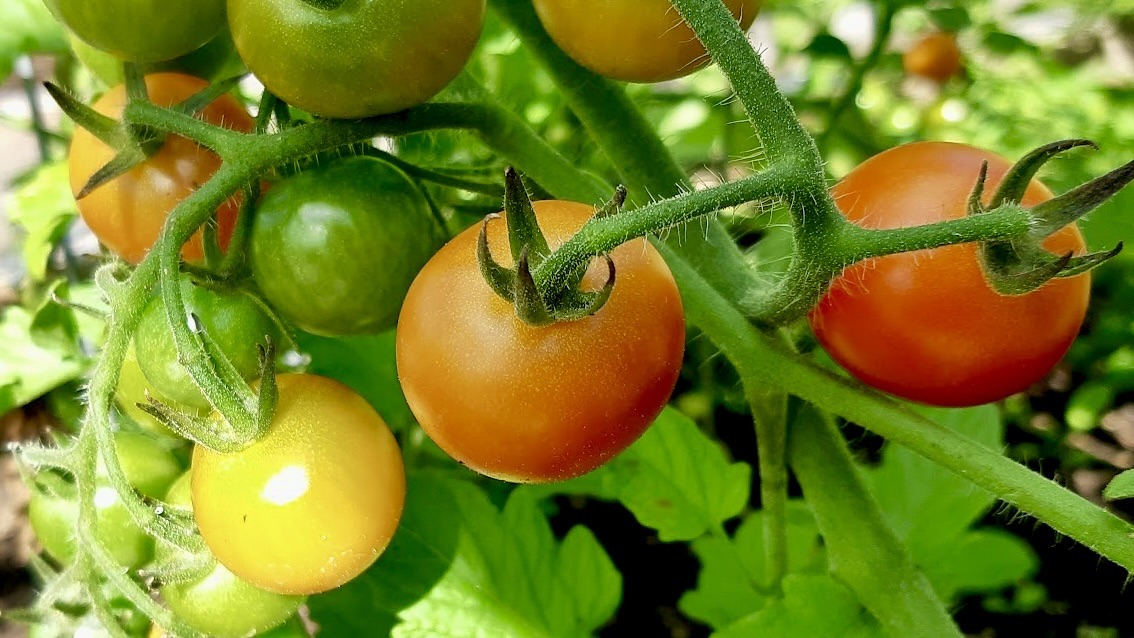
Through OpenAI-powered tools and mentorship, we’re fostering creativity, leadership, and community-based research, helping artists innovate in the digital arts space.
Applications are now open for the OpenAI Researcher Access Program
The OpenAI Researcher Access Program is opening doors for researchers, nonprofits, and creative organizations looking to explore AI’s impact on society, develop new tools, and push the boundaries of digital innovation. Our arts incubator program was accepted into this initiative in May 2024, and the results have been transformative.
Through this program, organizations can apply for up to $1,000 in OpenAI API credits, allowing them to experiment with AI in ways that would otherwise be financially out of reach. For us, this access has revolutionized how we approach digital literacy, creative entrepreneurship, participatory climate change research, and arts-driven AI applications.
AI has helped us streamline intensive processes, from automating research and grant writing to developing interactive AI-powered environments for learning and community engagement. We’ve explored gamification, integrated AI tools into digital storytelling and content creation, and used AI to support youth programming focused on technology and the arts. These advancements have saved us countless hours and allowed us to focus more on creative and strategic work rather than administrative bottlenecks.
The OpenAI Researcher Access Program supports projects in key areas such as AI fairness, human-AI interaction, societal impact, multimodal integration, and responsible deployment. Applications are reviewed quarterly, and successful applicants receive AI credits that remain valid for 12 months.
We strongly encourage researchers, nonprofit organizations, and creative collectives working at the intersection of technology, ethics, and AI-driven innovation to apply. The impact of this program has been immense, and for those looking to explore how AI can be used responsibly and effectively, it presents an unparalleled opportunity.
For more information and to apply, visit OpenAI’s official program page. Applications are reviewed every March, June, September, and December—so don’t miss the next deadline!
Areas of interest include:
Alignment
- How do we increase the extent to which AI’s objectives are aligned with human preferences?
Fairness & representation
- How should performance criteria be established for fairness and representation in language models?
- How can language models be improved in order to effectively support the goals of fairness and representation in specific, deployed contexts?
Societal impact
- How do we create measurements for AI’s impact on society?
- What impact does AI have on different domains and groups of people?
Misuse potential
- How can systems like the API be misused?
- What sorts of “red teaming” approaches can we develop to help AI developers think about responsibly deploying technologies like this?
Human-AI interaction
- How can we enhance the ways humans interact with AI models to improve usability and accessibility?
- What interface designs facilitate more intuitive interactions with AI systems?
- How can we create AI explanations that are interpretable to non-expert users?
- How can humans and AI collaborate effectively in decision-making processes?
Economic impacts
- How can we use models to scale economic research?
- How can we improve evaluation of economic impacts pre-deployment?
- How can we measure or forecast the social and economic impacts of AI?
- What measures can individuals, firms, and governments implement to mitigate harms and maximize the economic benefits of AI?
Generalization and transfer learning
- How do language models generalize across different domains and tasks?
- What factors influence a model’s ability to transfer knowledge to new, unseen tasks?
- How can we improve models’ performance in low-resource languages or specialized fields?
- What techniques facilitate continual learning without catastrophic forgetting?
Multimodal measurements
- How can we integrate language models with other data modalities such as images, audio, or video?
- How can we develop models that understand and generate text in conjunction with other modalities?
- In what ways can multimodal understanding enhance tasks like captioning, translation, or content creation?







